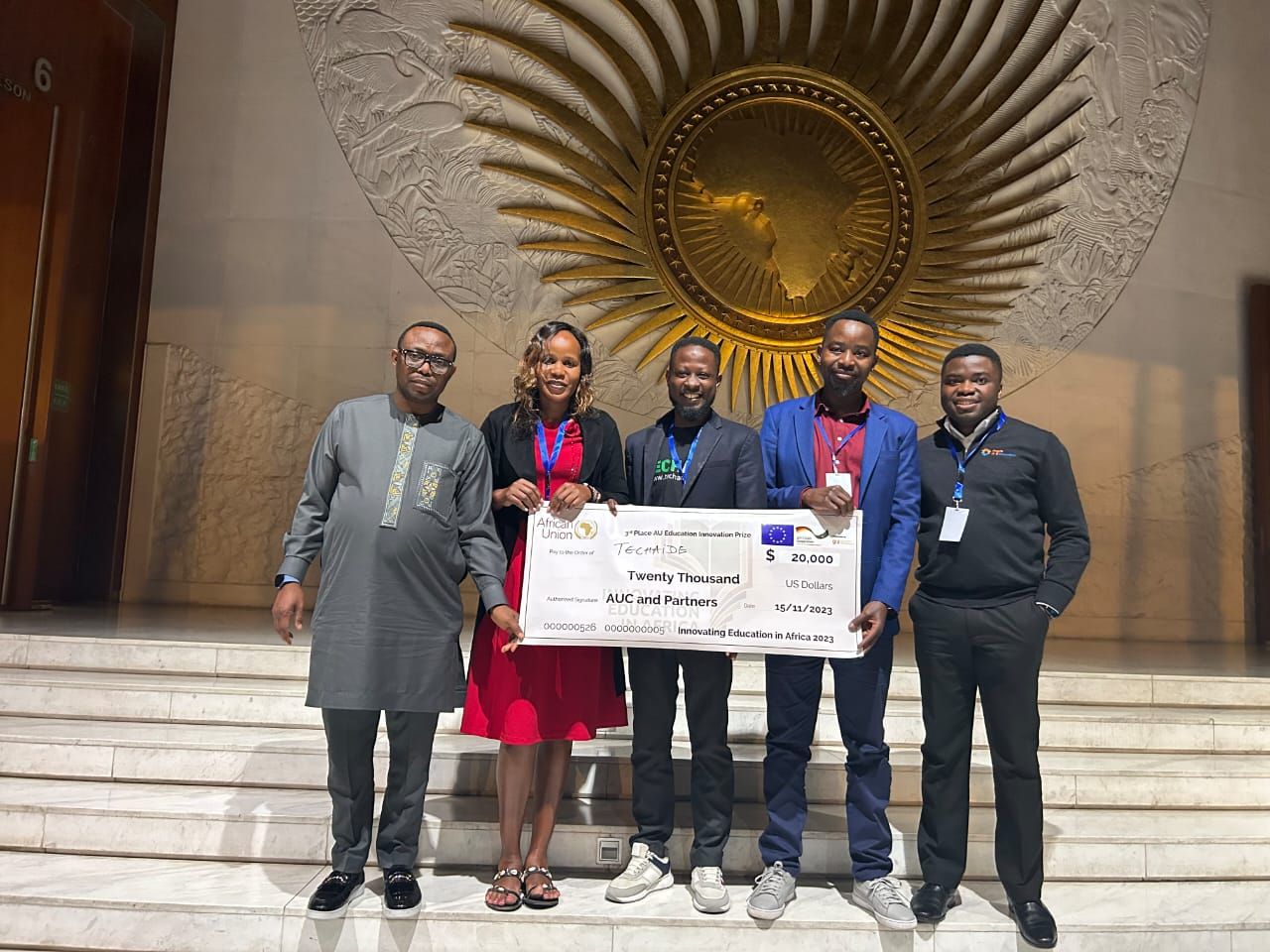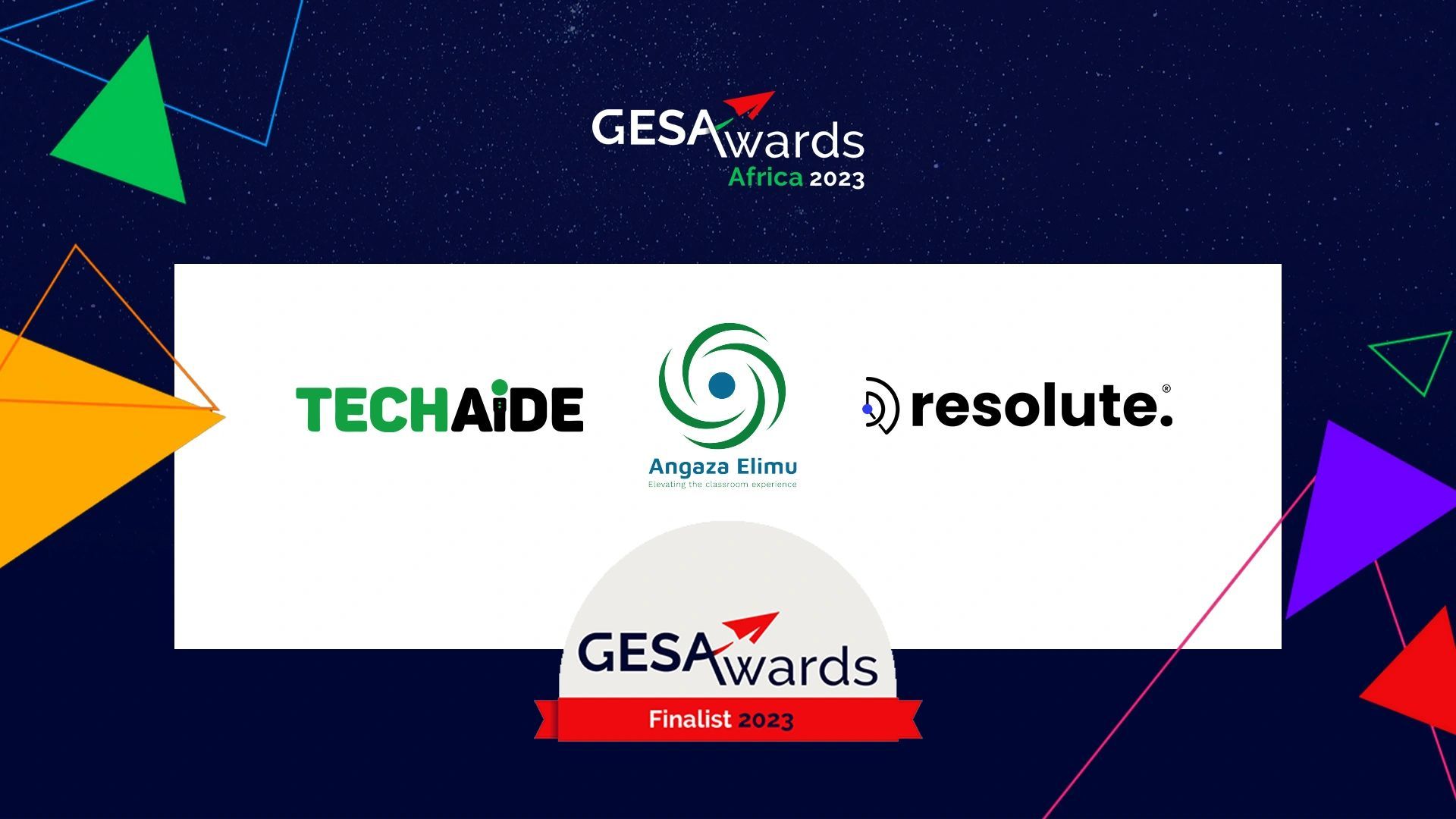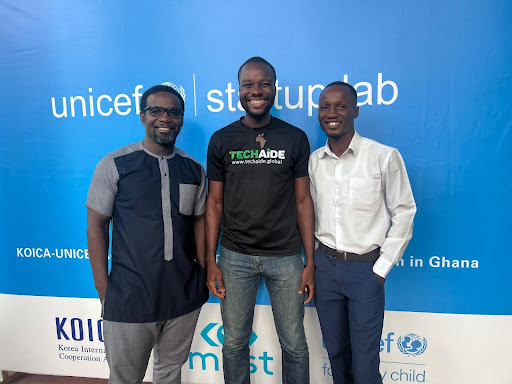
The Race for a Reliable Covid-19 Vaccine
A recent TV interview of Ken Frazier on the race for a reliable Covid-19 vaccine was so captivating and educative that we sought to share the transcript in this column. He was interviewed by Tsedal Neeley, the Naylor Fitzhugh Professor of Business Administration, Harvard Business School.
Protest against hatred
Serving as chairman and CEO of the leading vaccine producer in the world – pharmaceutical giant Merck & Co. – Ken Frazier is said to hold “one of the highest-profile positions in global business”. In addition to leading one of the firms on a charge to develop a Covid-19 vaccine, Frazier stands out in yet another way: He happens to be one of only four Black CEOs leading a Fortune 500 company.
As an outspoken person, he quit President Donald Trump’s American Manufacturing Council to protest against “hatred, bigotry and group supremacy” that surfaced in protest demonstrations at Charlottesville, Virginia.
In the interview – in addition to the topic of a vaccine for Covid-19 – Frazier provided bold insights into the creepy periods of America’s racial history including corporate America’s role in hiring more African Americans and his experience of being raised just one generation away from slavery. The following are transcripts from the interview:
On vaccine development
“I think when people tell the public that there’s going to be a vaccine by the end of 2020, they do a grave disservice to the public … first of all, it takes a lot of time. I think the record for the fastest vaccine ever brought to market was Merck in the mumps vaccine. It took about four years. Our most recent vaccine for Ebola took five and a half years. And why does it take so long? [It] requires a rigorous scientific assessment. And here we didn’t even understand the virus itself or how the virus affects the immune system.”
Starting off with “a spike protein as the antigen” Frazier said, “What we’re hoping to be able to do with these different approaches is to create a vaccine that we can study quickly that can be both safe and effective and can be durable. Those are three different issues. No one knows for sure whether or not any of these vaccine programs will produce a vaccine like that. What worries me the most is that the public is so hungry, so desperate to go back to normalcy, that they are pushing us to move things faster and faster. But ultimately, if you’re going to use a vaccine in billions of people, you better know what that vaccine does.”
He noted that, “There are a lot of examples of vaccines in the past that have stimulated the immune system, but ultimately didn’t confer protection. And unfortunately, there are some cases where it stimulated the immune system and not only it didn’t confer protection, but actually helped the virus invade the cell because it was incomplete in terms of its immunogenic properties. We have to be very careful.”
The last new vaccines
Frazier noted also that in the last quarter century, “there have only been seven truly new vaccines introduced globally at the clinical practice. When I say new, that means that they were effective against a pathogen for which there had previously been no vaccine. There are only seven in the last quarter century, Merck has four, the rest of the world has three. I don’t mean to boast. And there are lots of things that we’ve been working on since the eighties. We’ve been trying to get an HIV vaccine since the 1980s and we’ve been unsuccessful.”
He said, “I think when people tell the public that there’s going to be a vaccine by the end of 2020, for example, I think they do a grave disservice to the public. I think at the end of the day, we don’t want to rush the vaccine before we’ve done rigorous science. We’ve seen in the past, for example, with the swine flu, that that vaccine did more harm than good. We don’t have a great history of introducing vaccines quickly in the middle of a pandemic. We want to keep that in mind.”
His second point was that it is very important that “when we do tell people that a vaccine’s coming right away, we allow politicians to actually tell the public not to do the things that the public needs to do like wear the damn masks. Okay? We were so unprepared for this pandemic. It’s not even funny on so many levels.”
Masks and social distancing
The CEO learned about the pandemic “in mid-January or so, but fortunately our researchers who engage in disease surveillance knew about it before that. So it was known to the scientists before, but generally speaking, we’ve done a bad job in being prepared from the disease surveillance, to having the kind of protective equipment that we need to have. To having the kind of testing and tracing that we need to have. To scale-up of our critical care centers that were overwhelmed immediately.”
For right now, he advised, “it’s critical for people to understand that while we hope to have a vaccine post-HSCT, that they are the protection against the spread of this virus right now by good hygiene, using your mask, social distancing, etc.”
Email TECHAiDE: admin@techaide.global
Website: http://tehaide.global








